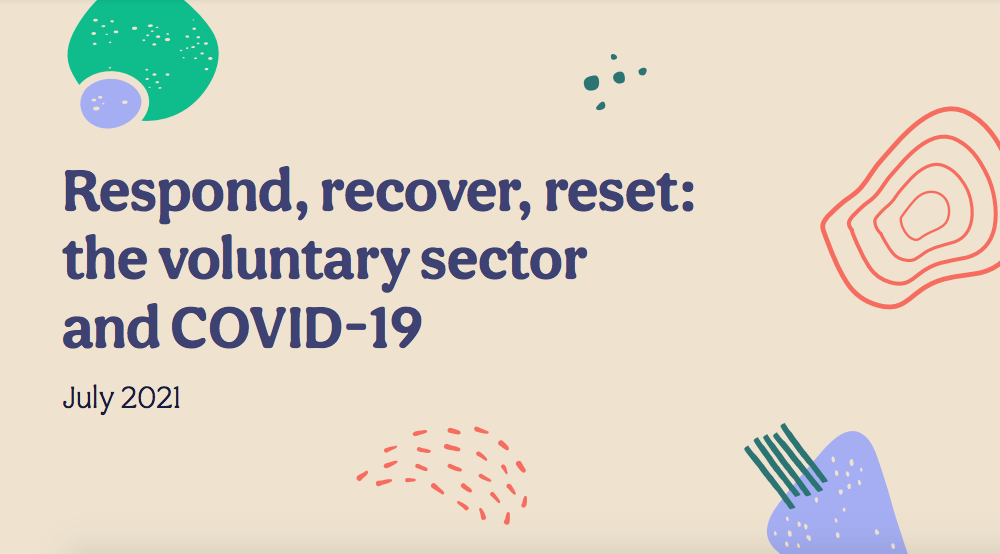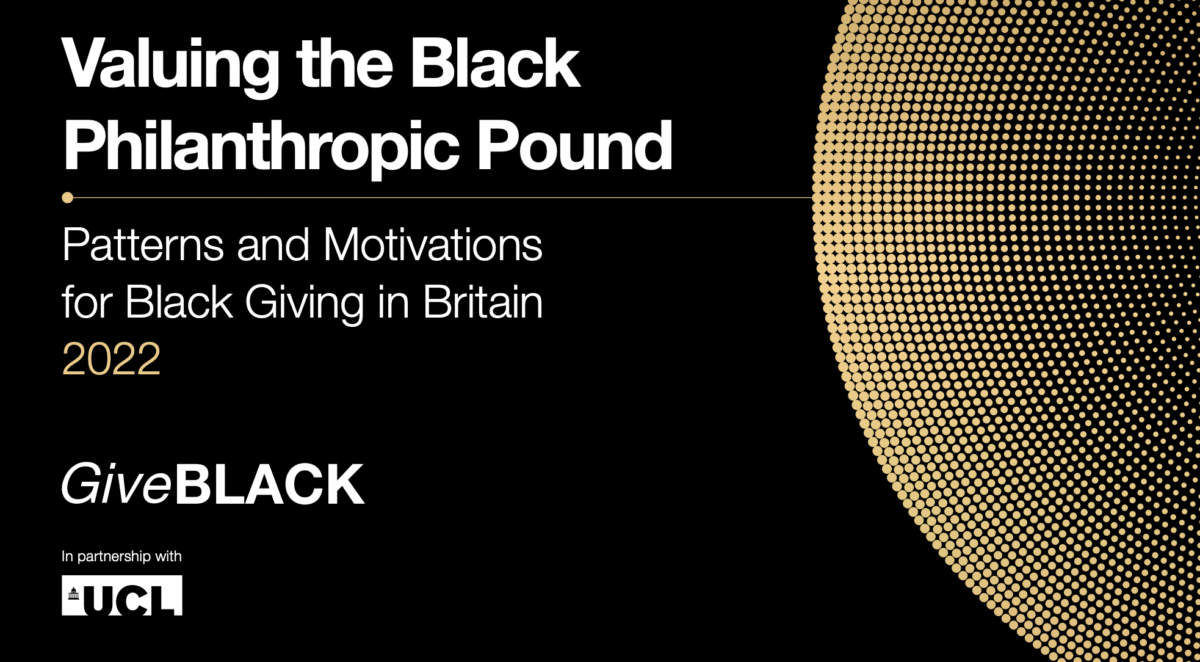Action still needed to improve racial & ethnic diversity among environmental charities

More environmental charities have implemented inclusion-boosting initiatives compared with 2022 but more action is needed to address an ongoing lack of representation in the sector, according to the latest The Race Report.
Launched in 2022, The RACE Report is a UK-wide data transparency initiative aimed at encouraging environmental charities and funders to improve the racial and ethnic diversity of their workforce and governing bodies.
Charity participation rises YOY
This second annual report from the The RACE Report campaign saw 142 organisations representing 12,900 employees across the environmental charity sector submit data on the racial diversity of their staff members between April and October 2023. This was a 56% increase in organisation participation and a 63% increase in the number of employees represented compared with the 2022 inaugural report, which saw 91 organisations representing 7,900 employees take part. This year’s report also saw a proportional increase in participation from organisations with 50 – 249 employees, with these organisations now accounting for 26% of those submitting data, up from 16% in 2022.
Advertisement
Representation remains lower than in UK workforce as a whole
The overall findings of the second instalment of The RACE Report are broadly consistent with the previous year’s report, with 6% of employees identifying as people of colour and other racially or ethnically minoritised groups. This compares with 7% reported in 2022. However, it is lower than the average across the UK workforce as a whole, which is 15% of employees.
Rapid action needed
This means, the report says, that rapid action is needed to address the lack of representation and ensure the sector reflects the diversity of the British workforce. Compared with 2022’s data though, the findings also suggest a higher proportion of participating organisations have fully or partially implemented inclusion-boosting initiatives over the past year.
Key figures
- 11% of organisations had published or were in the process of publishing data on their race equity pay gap – the same proportion as the largest 250 charities in the UK – vs 5% in 2022.
- 63% of organisations reported the full implementation of a senior leader with official responsibility for equality, diversity and inclusion (vs 44% in 2022).
- 85% of organisations also said they either had partially or fully implemented a regular review of equality, diversity and inclusion activities to ensure they remain effective and impactful (vs 80% in 2022).
This year’s RACE Report also includes a Staff Perceptions Survey. This aims to contextualise diversity data within the lived experiences of employees. 1,552 respondents across 43 organisations participated in this survey from June to July 2023. According to the average score across all organisations and all identities – including people of colour and other racially or ethnically minoritised groups (POC) and white identities – 95% of survey respondents said they enjoy working at their organisations.
Additional staff perception findings
- The majority of respondents agreed that their organisation actively identifies and opposes racism through its policies, but white identities were more likely to agree with this statement than their POC colleagues (68% vs 56%)
- The majority of respondents felt there are as many opportunities for them to succeed in their organisation as there are for their peers, but again white identities were more likely to agree with this statement (66% vs 51%)
- Respondents identifying as POC were more likely to report needing to adapt in order to fit into an organisation’s culture than white identities (41% vs 24%)
- Overall, the majority (74%) of POC respondents reported that they felt they belonged in their organisation (compared with 84% of white identities)
When analysing the findings on an individual basis (rather than taking an average according to organisation), POC were more likely to report having witnessed or experienced racist harassment or bullying amongst colleagues than white respondents (14% vs 6%).
More qualitative responses from POC referenced instances of being overlooked and feeling isolated, while others felt valued by their team but not through remuneration or career progression. Qualitative responses from white identities attributed a lack of diversity in their organisation to issues within recruitment processes, such as unconscious bias and placing too great an emphasis on past volunteering experience.
Manu Maunganidze, from The RACE Report team, said:
“It’s encouraging to see how much the sector’s engagement with racial diversity has grown in just one year. The more data we have at our disposal, the better equipped we are to shape best practice and ensure we are amplifying underrepresented voices in the fight for social and environmental justice.
“Each organisation who has come forward to contribute to this report has done a brilliant thing in voluntarily submitting their data. We now need to make sure that this engagement translates into more meaningful progress. That means reflecting on what the data tells us, but also really listening to the lived experiences of the individuals who power our sector. It’s only through having these difficult conversations, learning from each other, and implementing inclusive practices that we’ll ensure next year’s report tells a story of both an appetite for change and tangible improvement.”
According to the Race Report, the Charity Commission’s register of charities lists over 8,000 charities whose activities include the word ‘environment’ and over 2,000 charities whose activities include the word ‘nature’.






